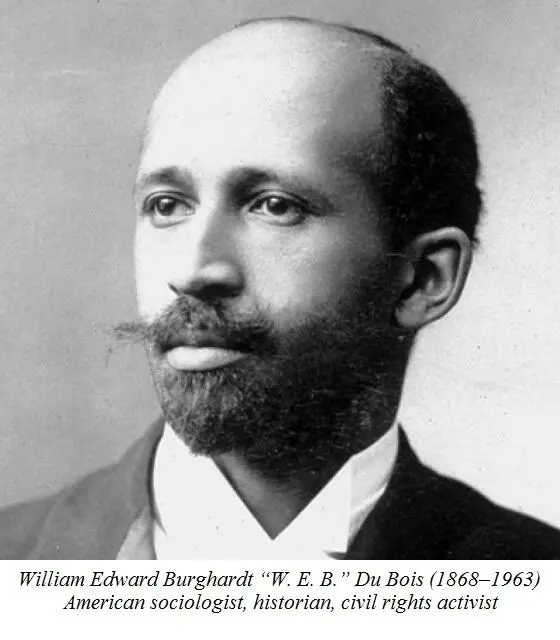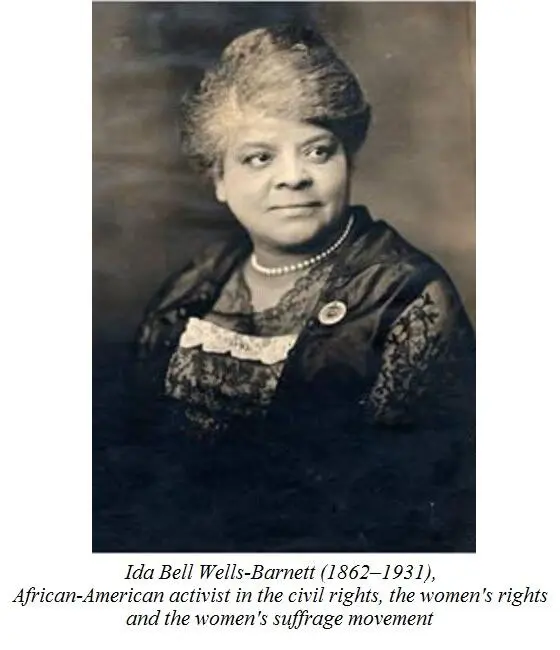“Morning, Mr. President,” he finally managed to say.
“Come ride the elevator with me, John!”
A few minutes later, having deposited the red-faced Morgan on his floor, Roosevelt had a good laugh at his expense. “And the newspapers call me a gasbag? Senator Morgan, my friends, is the royal and supreme emperor of gasbags! Did you see how quickly I deflated him simply by using his Christian name?”
Appreciative laughter from his aides trailed the president to his suite. Roosevelt grew serious the moment he passed through the door.
“Good morning, Mr. President. We’re all ready for your meeting,” said Jackson Hensen, his capable assistant.
“Well, get them in here. No need to dawdle.”
“Yes, sir. They’re on their way up in the service elevator.”
Roosevelt chuckled. “How did they take to that?”
“I understand the gentleman was… displeased,” Hensen said.
THE INNER DOOR OPENED and a pair of adjutants appeared, escorting a distinguished-looking black man with a Vandyke beard and a wide woman of a darker, more African appearance, with a wise face and a spectacular sweep of hair that plainly was not entirely her own.
Mr. Roosevelt bowed to the man and kissed the lady’s gloved hand. He could never be seen doing such a thing in public, but here in private he was all too happy to pay honor to W. E. B. Du Bois, [3] William Edward Burghardt “W. E. B.” Du Bois (February 23, 1868 – August 27, 1963) was an American sociologist, historian, civil rights activist, Pan-Africanist, author and editor. Born in Great Barrington, Massachusetts, Du Bois grew up in a relatively tolerant and integrated community. After graduating from Harvard, where he was the first African American to earn a doctorate, he became a professor of history, sociology and economics at Atlanta University. Du Bois was one of the co-founders of the National Association for the Advancement of Colored People (NAACP) in 1909.
the great Negro writer and crusader, and to Ida B. Wells-Barnett, [4] Ida Bell Wells-Barnett (July 16, 1862 – March 25, 1931) was an African-American journalist, newspaper editor, suffragist, sociologist and, with her husband, newspaper owner Ferdinand L. Barnett, an early leader in the civil rights movement. She documented lynching in the United States, showing how it was often a way to control or punish blacks who competed with whites. She was active in the women’s rights and the women’s suffrage movement, establishing several notable women’s organizations. Wells was a skilled and persuasive rhetorician, and traveled internationally on lecture tours. The lives of W. E. B. Du Bois and Ida B. Wells often ran along parallel tracks. Both used their journalistic writing to condemn lynching.
the passionate antilynching campaigner, such a modern and audacious woman that she dared to append her husband’s name to her own when she married.
“My sincere apologies for the indignity of bringing you up in the… back elevator,” the president said.
Du Bois bowed slightly. “It is not the first time I have ridden in the servants’ car, Mr. President,” he said. “I am fairly sure it will not be the last.”
Mrs. Wells-Barnett perched her sizable self on the upholstered chair beside the fireplace.
“Now, Mr. Du Bois,” said the president, “I have received quite a lot of correspondence from you about these matters. I want you to know that my administration is doing everything within our power to see that  these local authorities start observing the laws as–”
these local authorities start observing the laws as–”
Roosevelt was surprised when Ida Wells-Barnett interrupted.

“That’s fine, Mr. President,” she said. “We already know all that. You don’t have to coddle us or pour on all that old gravy. We know what you’re up against. We’re up against the same. White men get away with killing black men every day.”
Roosevelt’s eyes flashed behind his spectacles. “Well, Madam, I think I may be able to do something finally,” he said. “That’s why I agreed to this meeting.”
Du Bois said, “Yes, sir, but–”
“If you will try to refrain from interrupting your president,” Roosevelt demanded, “I will further explain that I am taking steps right now to learn the true situation in the Deep South. Once I have all the facts, I assure you I intend to act.”
“I appreciate that,” Du Bois said.
“We’re not asking for public displays any more than you are,” said Wells-Barnett, warming to the discussion. “As you recall, sir, when you invited Booker Washington to dine at the White House, it caused a political headache for you and accomplished absolutely nothing for the cause of colored people.”
“Booker T. Washington is the whitest black man I know,” grumbled Du Bois.
Roosevelt sat ramrod straight in a large leather armchair. Jackson Hensen loomed over a tiny French desk in the corner, taking down in shorthand everything that was said.
“Mr. Roosevelt, let me put this as simply as possible,” said Wells-Barnett. “What we have at the present time is an epidemic of lynching in the South. The problem is getting worse, not better.”
Jackson Hensen decided to speak up.
It was an unfortunate decision.
“I understand what you are saying, Mrs. Wells, Professor Du Bois,” he said carefully. “But at the same time you are telling us these terrible stories of lynching, we have it on excellent authority that there is also an epidemic of white women being raped and molested by Negroes all over the South. I’ve seen the numbers. The crime of rape is at least as prevalent as the crime of lynching, is it not?”
“That simply isn’t true, young man.” Du Bois’s voice was an ominous rumble. “I don’t know where you’re getting that insidious, completely inaccurate information.”
Wells-Barnett interrupted. “Just this morning, Senator Morgan was telling people in the lobby of this hotel that he intends to repeal the antilynching laws now in effect.”
Jackson Hensen made a skeptical sound. “With all respect, Mrs. Wells-Barnett, I seriously doubt Morgan can muster the votes to do such a thing.”
Then Du Bois: “I disagree, young man. I disagree – vehemently!”
“That’s enough!” said the president. He got to his feet and paced the floor behind his desk. “I’ve heard enough of this squabbling. I am determined to get to the bottom of the problem. And I will!”
The president’s flash of anger silenced everyone. They all stared at him dumbly: the combative Du Bois, the passionate Wells-Barnett, the young and arrogant Hensen.
Now Roosevelt spoke, quietly and with purpose. “At this very moment I have sent a personal envoy to the Deep South on a dangerous mission, to investigate this entire question of lynching. He is a man I trust,” Roosevelt continued. “A native of those parts. I have connected him with certain others who can show him the situation from all sides. I haven’t told you his name because I’d rather this situation remain confidential until he’s done his job. And then I will do whatever I deem necessary to remedy the tragic situation in the South.”
Ida Wells-Barnett rose from the sofa. “Thank you, Mr. President. I gladly tell anyone who asks that you are the best friend the Negro has had in this office since Mr. Lincoln.”
Roosevelt shook her hand enthusiastically.
Читать дальше

 these local authorities start observing the laws as–”
these local authorities start observing the laws as–”











